We are pleased to announce this call for several funded positions as participants within the School for MultiSpecies Knowledges – a programme consisting of land-based situational artistic research, participatory forms of audience engagement, and public events series. Developed by Zone2Source in collaboration with Open Set (an alternative learning platform), the School will transform the Amstelpark into a territory for enquiry and experimentation between May 14 and July 3, 2022.
Netherlands-based artists, other practitioners and researchers working at the intersections of participatory art/design, critical pedagogies, environmental care and activism are invited to send their proposals to contribute to the School’s research trajectory: redefining what it is to be human on a multi-species planet.
Each participant will receive a stipend of €1,500 for the duration of the entire programme. Material required for the exhibition and events will be paid for in consultation with the production team. Artists or researchers currently obtaining funded PhD positions can be admitted to the programme; however, they are not eligible for the stipend.
Participants are responsible for their own accommodation, transport costs and insurance.
You can apply by sending your CV with examples of recent work together with a letter for motivation in which you state your focus of research and plan of action for your participation in the School to projects@zone2source.net.
Online Q&A session for anybody interested: April 14, 3pm
Application deadline: April 25
Selection notifications: May 2
Start of the programme: May 14
Public exhibition and events: June 18 – July 3
Public closure: July 3
Reflection: September 2022 (TBA)
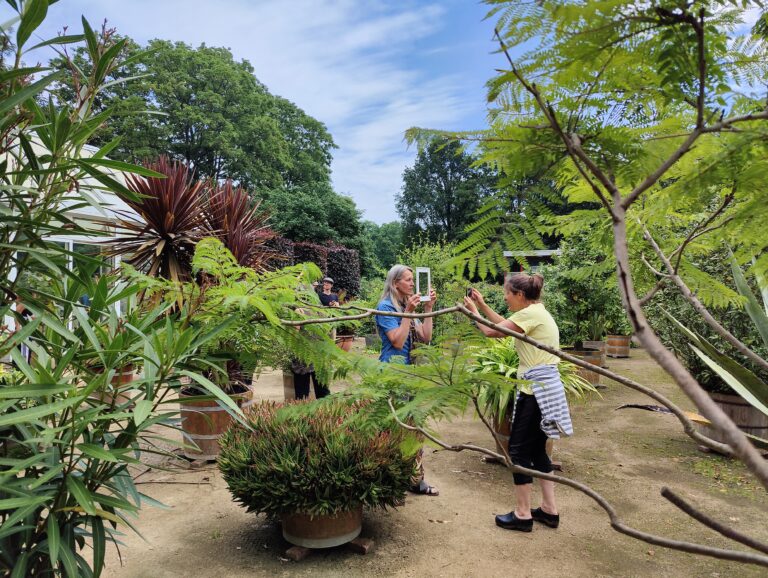
What tactics do we need to tune into the rhythms of other life around us? What happens when we consider our city inhabited by billions of lives instead of only millions of humans? What tools, vocabularies, practices, experiences and literacies appear when we start answering this question? How can we improve the way we live and work together on a shared multispecies planet? And what kind of public formats can we develop to bring people along in our explorations?
The School for MultiSpecies Knowledges brings together artists and designers with local enthusiasts, caretakers and specialists, activists, makers, thinkers, scholars, and curious visitors of the park to develop new multi-, cross- and anti-disciplinary tactics, habits and rituals to act within our multi-species cities. Through various levels of participation, we open the program to earthlings of different backgrounds and ages to explore together how we can better tune into the multiple scales and imageries of urban co-existences and co-dependencies of diverse living and technological organisms. Moving away from the binary human-nonhuman and nature-culture relations, our invitation is to look into the relational complexities between agencies in the city.
The emerging protocols, forms, durations, locations, topics, and modes of reflection will be developed by a core group of maximum 10 participants over a 6-week period as the foundation of the School’s ‘curriculum-in-becoming’. We do not only strive for inclusivity across human cultures, abilities and genders – which will be a strong focus in the invitation of participants and audiences – but across species as well.
What kind of issues come to the fore when we see ourselves as a caring multi-species community? Which urgencies, ethics and practices do emerge from this? How can we preserve and develop such a community in a healthy, caring way? And which lexicons and experiences do artistic practices allow in creating an invitation to the public at large to be part of such an exploration of multi-species community building?
Acknowledgement
The School for MultiSpecies Knowledges is made possible through the support of Creative Industries Fund NL, Stichting DOEN and Pictoright Fonds.
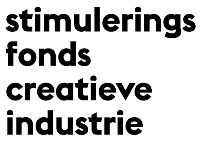
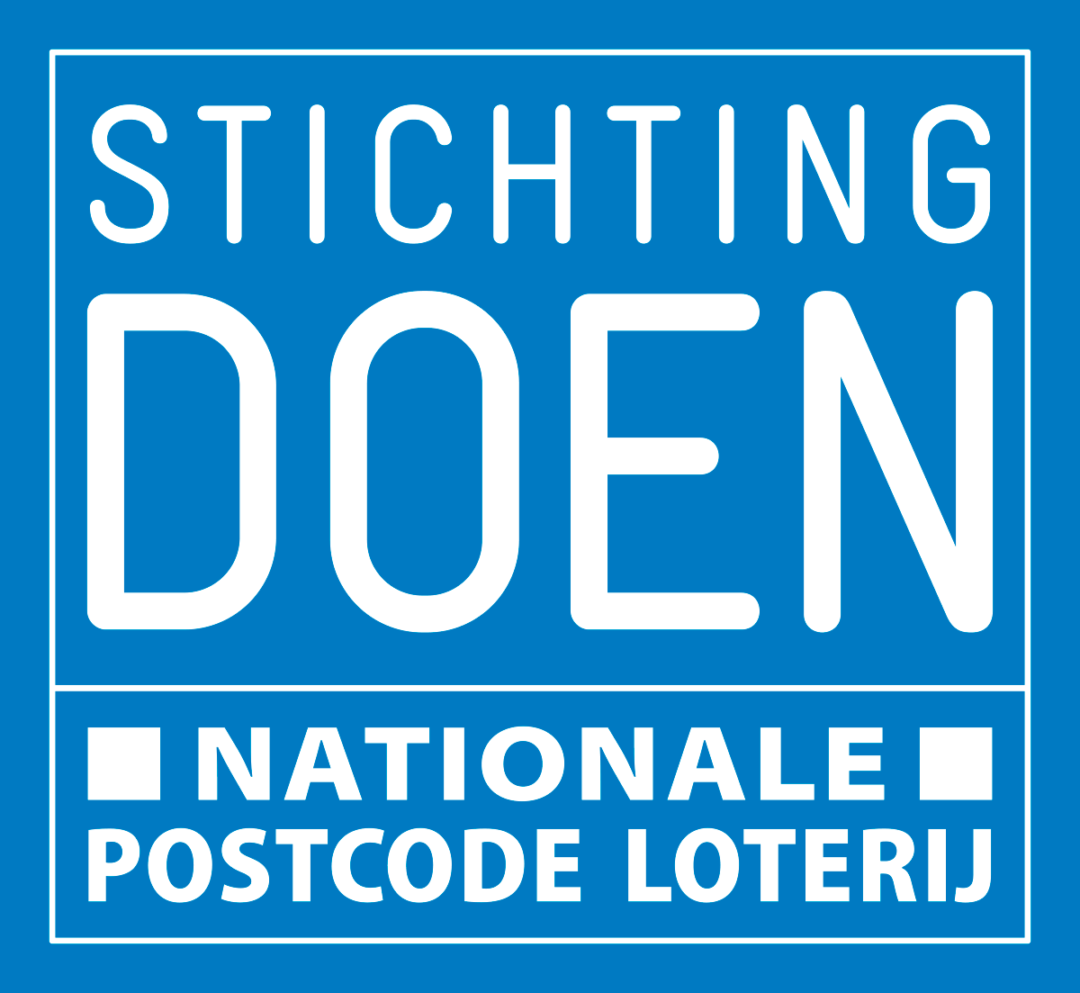
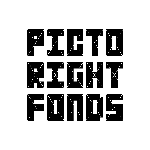
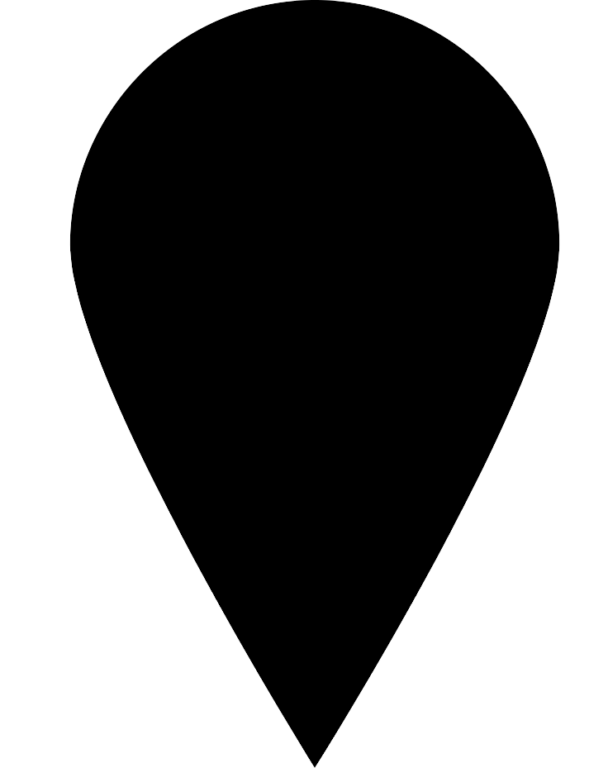
Amstelpark